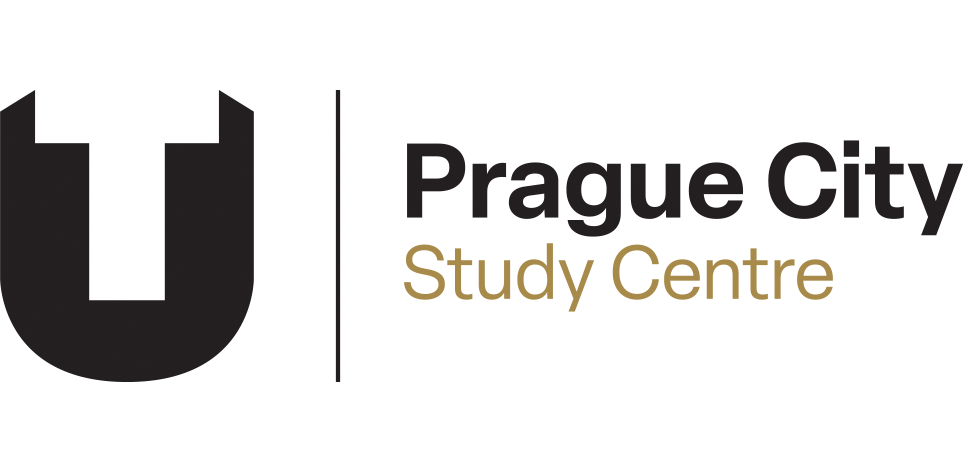Course overview
You develop advanced technical knowledge, critical thinking, and problem-solving skills, preparing you for senior industry roles or further study such as an MPhil or PhD.
You learn how to design and implement computer-based solutions to complex, real-world problems while gaining the professional and interpersonal skills employers value.
Built using the Academic Enhancement Framework, you become digitally empowered, research ready, globally connected, and socially responsible. You work on industry-focused projects, engage with guest lecturers, and collaborate with leading organisations.
Whether your goal is a specialised computing role, groundbreaking research, or leading-edge industry projects, you develop the skills, knowledge, and experience to succeed.
* Subject to University approval
Course details
Course structure
Core modules
Computing Masters Project and Dissertation
You undertake a major, in-depth, individual study in an aspect of computing, IT, computer science or digital technology. The project is drawn from commercial, industrial or research-based problem areas. You research and investigate aspects of your specific computing discipline and then produce a major deliverable (such as a software package or tool, design, prototype, website, model, research findings, results of an experiment or dataset). You carry out a critical evaluation of your deliverable, including obtaining third party evaluation where appropriate.
You develop the knowledge and practical understanding of the main statistical techniques for data analytics and machine learning. You cover quantitative and qualitative data analysis techniques, reflecting scientific and social science methods with a focus on correlation testing, regression, data categories and normalisation.
Machine learning is about teaching computers to learn from data, rather than just following fixed instructions. Instead of telling a computer exactly what to do, you give it examples, and it learns how to make predictions or decisions on its own.
You explore how machine learning is used to solve real problems – like recognising patterns, adapting to new situations, or analysing big data. Along the way, you discover how it connects with areas like statistics, probability, and wider computer science.
You get hands-on experience with a range of machine learning techniques, from classic approaches to the latest developments in neural networks and deep learning – skills that are shaping the future of technology and the world of work.
Mobile Systems and Cybersecurity
You explore the concepts and technologies used in modern wireless network such as wireless sensor networks and cellular systems. You learn about the hardware used by such networks, but also the networking technologies that allow them to communicate with each other and the outside world. Related topics such as communication protocols and security are also covered.
Project Management Philosophies and Tools
Contemporary project management is an evolving and extensive discipline that has grown substantially to meet the needs of modern project management demands. You are introduced to the expanding discipline of project management and contemporary project management modalities and the importance of effective project management to organisational functioning, enterprise growth and development.
You develop the knowledge and skills to understand the research process in computing. You learn how to use and critically evaluate previous academic research and to generate good evidence material to justify their professional practice. This involves learning about different research strategies and data generation methods and how they fit into primary research, the development lifecycle and the evaluation of the user experience, the use of the academic research literature and research ethics.
Systems Administration and Security
You study concepts such as cryptography and cybersecurity models as well as practical issues of cybersecurity attacks along with countermeasures in system administration. You explore topics in access control, symmetric and public key cryptography protocols, digital signatures, authentication protocols, wireless network and security, firewall, network forensics, network security attacks, penetration testing, Intrusion detection, access control lists and firewalls.
Modules offered may vary.
How you learn
You learn through lectures, practical workshops, problem-based learning, and real-world projects. Guest lectures from experts, live briefs, and opportunities to prototype and innovate prepare you for the workplace or further study. You are supported to explore topics in depth, reflect on your progress, and build professional, legal, and ethical awareness.
How you are assessed
You are assessed through a variety of assessments including presentations, peer reviews, critiques, reports, essays and production of artefacts.
Formative feedback is typically given during lectures, tutorials and summative feedback using online methods.
Entry requirements
You must have confirmation of completed high school (secondary school) or previous college education, which may include:
- British honours degree, first or second class division
- a Czech high school diploma (maturita)
- two A-level passes
- equivalent education from other countries (assessed individually).
Proof of English proficiency for all international students is demonstrated by one of the following:
- IELTS score of 6.0 or higher
- Versant language exam score equivalent to IELTS 6.0
- TOEFL iBT score of at least 79
- Cambridge FCE (Grade A).
Employability
Career opportunities
Graduates can enter a range of careers and work in a variety of positions and business functions. Many begin their careers with opening manufacturing organisations, food and beverage provision, online businesses and many others IT related industries that specialise in cyber security developing and application areas.
